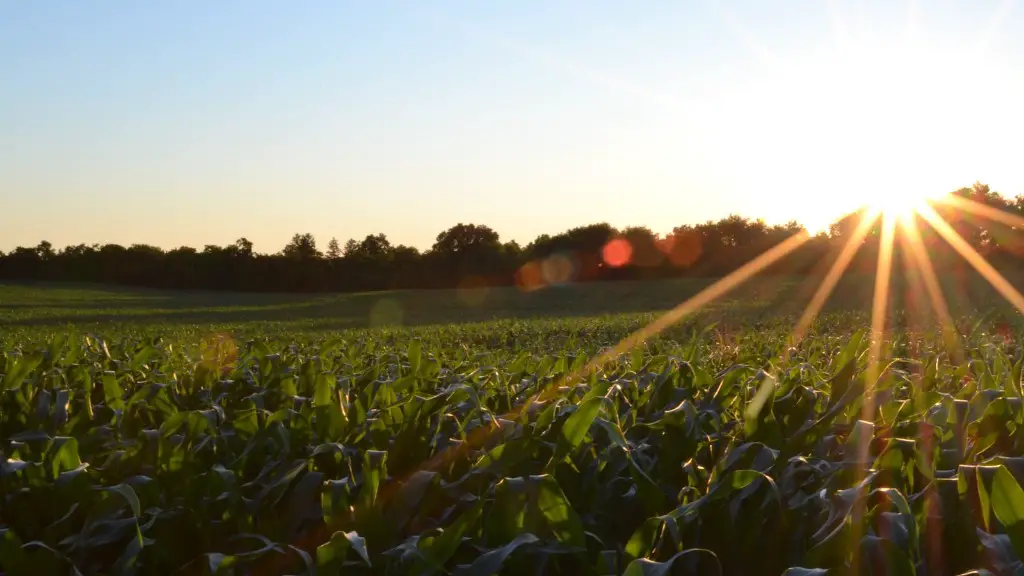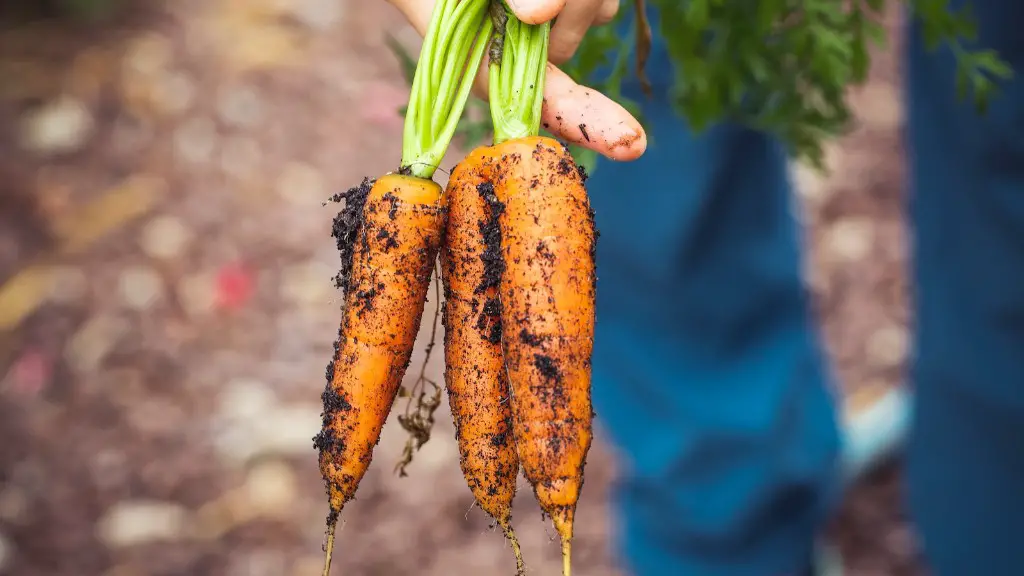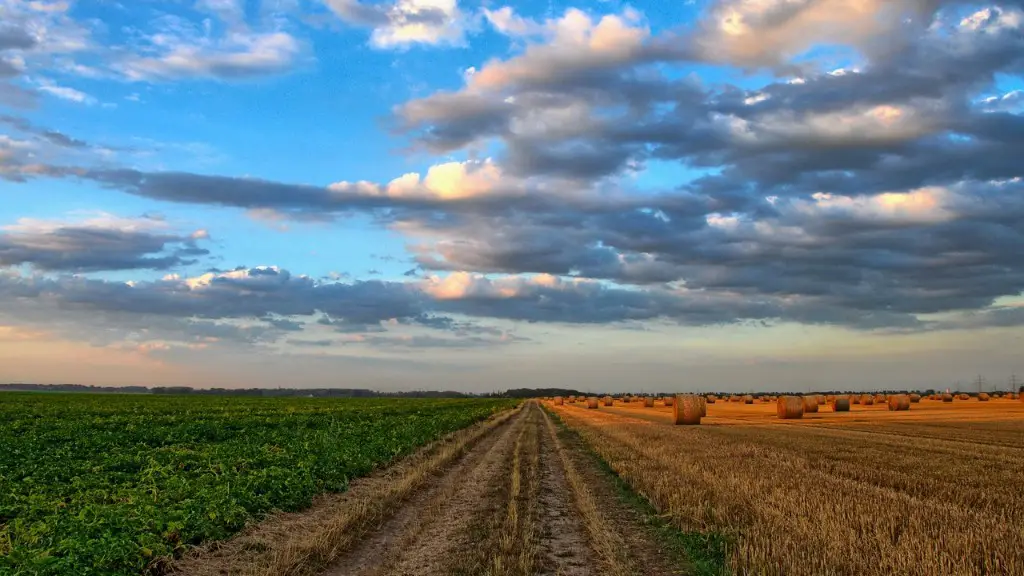Modern agriculture has seen tremendous advances in recent decades. The developments have led to higher yields, more efficient production of food, and improved methods of preserving food. One of the most significant developments in modern farming is the use of genetically modified organisms, or GMOs. GMOs have been used to create new crop varieties that are more resistant to pests, diseases, and environmental stresses. They have also been used to increase the nutritional value of food, as well as its shelf life. Another advancement in modern farming is the use of automation and robotics. Automation and robotics are used to automate many of the manual tasks that are typically performed in agricultural production. This can help to reduce labor costs and make the production process more efficient.
Precision Agriculture
Precision agriculture is an important tool that can help farmers increase their yields and reduce their costs. This involves collecting data about the fields being farmed, such as soil samples and field conditions. This data can then be used to identify optimal production conditions for different crops and fields. Precision agriculture also allows farmers to apply fertilizers and pesticides with greater accuracy, reducing the risk of over-application and contamination. Finally, precision agriculture can also help farmers monitor their crops and fields in real-time, allowing them to respond quickly to any potential issues.
Drones and Unmanned Aerial Vehicles
Drones and unmanned aerial vehicles (UAVs) have become increasingly popular in modern farming. These tools can be used to collect data about the crops, fields, and soil in a more efficient manner than traditional methods. Additionally, they can also be used to monitor crops and detect signs of pests, diseases, and other issues. As UAVs become more advanced, they could be used to apply fertilizers and pesticides, as well as facilitating weed control.
Climate Control
Climate control is another important development in modern farming. Greenhouses and polytunnels can help farmers maximize their yields, even in climates that are not particularly conducive to growing certain crops. Climate-controlled buildings are also increasingly being used to store harvested crops, preserving their freshness and nutritive value for longer. Finally, climate control can also be used to irrigate crops in a more efficient manner, reducing water waste.
Soil Management Techniques
Soil management techniques are crucial for successful modern farming. With the right techniques, farmers can improve the soil’s fertility, moisture retention, and structure. This can help to improve nutrient availability and root development, leading to increased yields. Additionally, soil management techniques can also help to reduce runoff and erosion, as well as improving water preservations.
Let’s Talk Disease & Pest Management
One of the most important ways to ensure a successful farming operation is to maintain a healthy, disease and pest-free crop. By employing disease and pest management techniques, farmers can reduce the risk of infection and damage to their crops. This can involve a range of methods, such as proper sanitation, crop rotation, and chemical treatments. Additionally, biological pest control methods – such as introducing beneficial insects – can also be used to reduce the agricultural pests.
New Breeds & Hybrids
Over the past few decades, agricultural scientists have developed new breeds and hybrids of crops that are more resistant to diseases, pests, and environmental stresses. These developments have allowed farmers in different parts of the world to grow more productive and higher quality crops. Additionally, these new breeds and hybrids tend to have a higher nutrient content, meaning that more people are able to access healthy and nutritious food.
Data Insights for Decision Making
Data insights are becoming increasingly important in agricultural decision-making. Farmers can use data-driven insights to inform their decisions about crop selection, water management, fertilization, and storage. This helps ensure that farms are as efficient and productive as possible, as well as reducing the risk of losses due to errors in decision-making.
Alternate Farming Practices
Alternative farming practices are also becoming increasingly popular in modern farming. Practices such as hydroponics and no-till farming can be used to produce higher yields while using fewer resources. Additionally, alternate farming practices can also help to reduce environmental damage and improve soil health. This helps to make agricultural operations more sustainable and viable in different climates.


